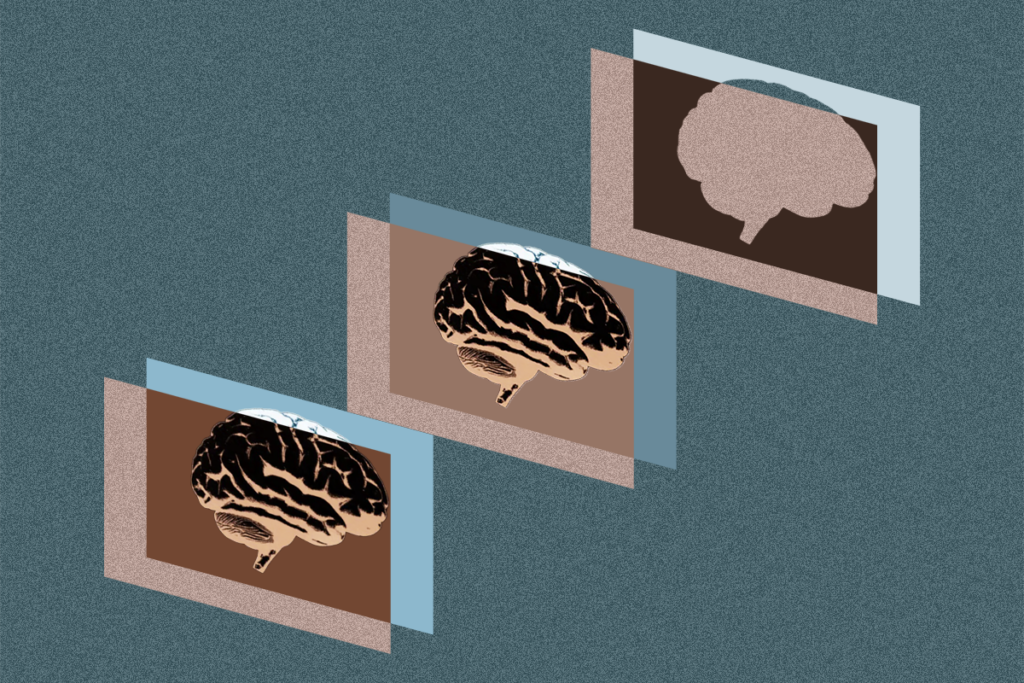Chris Gunter is senior adviser to the director of the U.S. National Human Genome Research Institute in Bethesda, Maryland.
Chris Gunter
Associate Professor
Emory University
From this contributor
Call to update standards for publishing autism research
Autism researchers should take steps to communicate their findings before, during and after publication of the paper.

Call to update standards for publishing autism research
Communication lapses hinder autism research
The term ‘deficit model’ traditionally means treating people with autism by focusing on their limitations rather than their strengths. Chris Gunter introduces the deficit model in a different context: science communication.
Great sequencing power — great responsibility
Chris Gunter and Daniel MacArthur discuss guidelines for assessing the evidence that a genetic variant causes autism or another disorder.

Great sequencing power — great responsibility
Explore more from The Transmitter
Exclusive: Recruitment issues jeopardize ambitious plan for human brain atlas
A lack of six new brain donors may stop the project from meeting its goal to pair molecular and cellular data with the functional organization of the cortex.

Exclusive: Recruitment issues jeopardize ambitious plan for human brain atlas
A lack of six new brain donors may stop the project from meeting its goal to pair molecular and cellular data with the functional organization of the cortex.
How pragmatism and passion drive Fred Volkmar—even after retirement
Whether looking back at his career highlights or forward to his latest projects, the psychiatrist is committed to supporting autistic people at every age.

How pragmatism and passion drive Fred Volkmar—even after retirement
Whether looking back at his career highlights or forward to his latest projects, the psychiatrist is committed to supporting autistic people at every age.
The brain’s quiet conductor: How hidden cells fine-tune arousal
New research published today suggests that the pericoeruleus acts as a kind of micromanager of arousal, selectively inhibiting different subgroups of locus coeruleus neurons depending on the behavioral context.
The brain’s quiet conductor: How hidden cells fine-tune arousal
New research published today suggests that the pericoeruleus acts as a kind of micromanager of arousal, selectively inhibiting different subgroups of locus coeruleus neurons depending on the behavioral context.